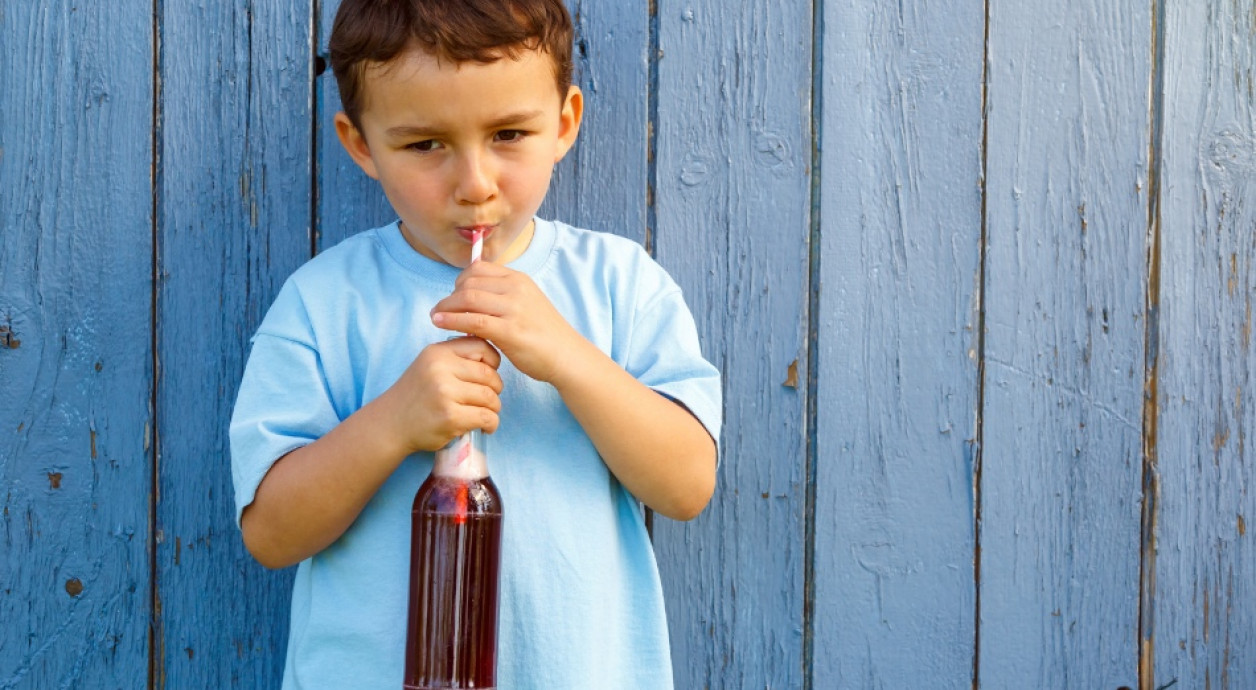
Study shows that a third of Kiwis' average beverage budget goes on sugary drinks, reigniting calls for tax.
Health Coalition Aotearoa has published a recent study of New Zealand beverage purchases. It shows that the consumption of sugar-sweetened drinks remains high, accounting for a third of the average household drinks budget. This has prompted renewed calls for a sugary drinks tax.
The University of Auckland study assessed annual household purchases of beverages from 2015 to 2019 and found the slight reduction in the amount spent on sugary drinks over the period represented 1 teaspoon of sugar per person, per week on average – not nearly enough to result in health improvements.
Key findings:
- The study found the average household bought 72.3 litres of sugar-sweetened beverages in 2019 – or a third of the total household drinks budget. This was a reduction of 5.9 litres from 78.2 litres in 2015.
- The reduction in sugar equated to 11 grams or 2 ¾ teaspoons of sugar per household, per week (less than 1 teaspoon of sugar per person).
- The World Health Organisation (WHO) recommends no more than 6 teaspoons of sugar per person, per day.
By comparison, the UK’s soft drink industry levy resulted in a reduction of 30 grams, around 7 ½ tsp of sugar per household, per week in the first year, based on similar household purchasing data.
Heart Foundation Senior Fellow Dr Helen Eyles said the UK tax was most effective because it was designed to target manufacturers and consumers.
"With a well-designed tax, like the tiered approach they have used in the UK, manufacturers are dropping the amount of sugar because the more sugar, the more tax you pay. It means even if consumers don’t change their habits, they will still be consuming less sugar because the product has changed."
Health Coalition Aotearoa food policy expert panel co-chair Sande Gates said New Zealand urgently needed to catch up with around 45 other countries that have implemented a sugary drinks tax and provided strong evidence the measure would effectively reduce free sugar consumption.
Initial analysis of the purchase data was completed by University of Auckland Population Health student Sah Dodd for her thesis.
For more information contact:
Faye Langdon | Acting Executive Director, Health Coalition Aotearoa
Email: media@healthcoalition.org.nz

